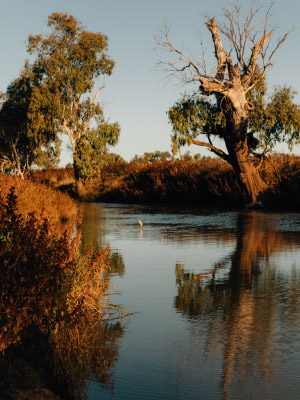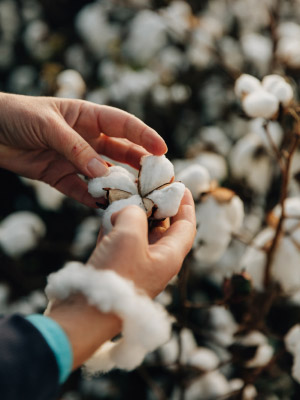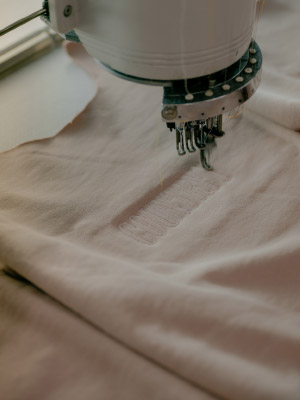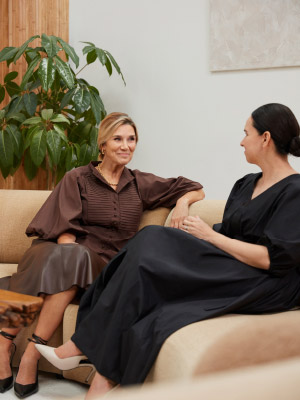Designing on Country with Lillardia Briggs-Houston
Lillardia Briggs-Houston is a Wiradjuri, Gangulu and Yorta Yorta multidisciplinary artist and fashion designer based in Narrungdera/Narrandera, Wiradjuri Country. She is also the 2023 National Indigenous Fashion Awards (NIFA) Fashion Designer Award winner.
Lillardia studied fashion at TAFE but has enjoyed a much longer history of garment production, being trained by her Wiradjuri grandmother from a young age.
Launching her label in 2019, Lillardia produces all her textiles and works herself, on Country, demonstrating respectful practice and honouring First Nations sustainability practices.
Lillardia’s work represents self-determination and empowerment, and she is passionate about showing the world that fashion businesses are thriving in regional and remote Australia.
As Lillardia prepares to start a 12-month mentorship with Country Road, she speaks to guest contributor Yatu Widders Hunt on what it means to be recognised at the NIFA Awards and the lessons she hopes to bring to the Australian fashion industry.
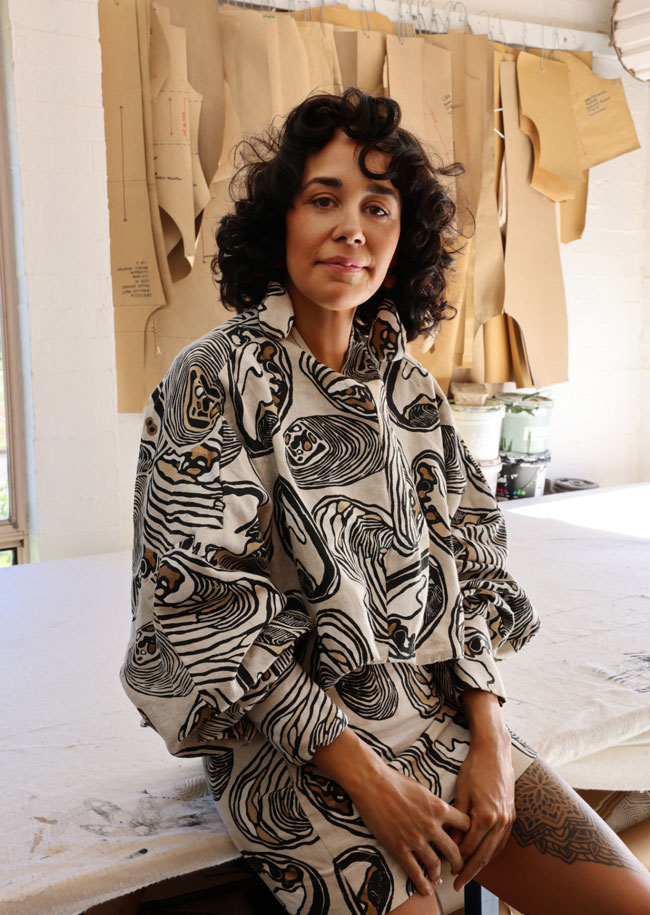
Firstly, a huge congratulations on winning Fashion Designer of the Year Award at the 2023 National Indigenous Fashion Awards. What does it mean to be recognised at the national level?
To be recognised on a national level and from community is very honouring. I feel a deep sense of gratitude for being awarded Fashion Designer of the Year. It comes from many years of dedication and commitment to First Nations fashion and art. Working from Country over the years has come with many ups and downs, but this award has reaffirmed just how important this direction has been in my progress as a fashion designer.
You founded your brand in 2019. Tell us a bit about what motivated you to start the label and what it represents?
I started my label back in 2019, mainly to assert self-determination and empowerment through fashion and textiles. Having a background in the arts and also fashion design inspired me to merge practices and create garments that combine my love of Culture, Kin and Country. Today, my label provides genuine self-determination and autonomy in the community I grew up in.
This journey has allowed me to focus on cultural sustainability through my processes and how I can continue to follow these strong foundations to contribute to the wide scope of First Nations fashion and art.
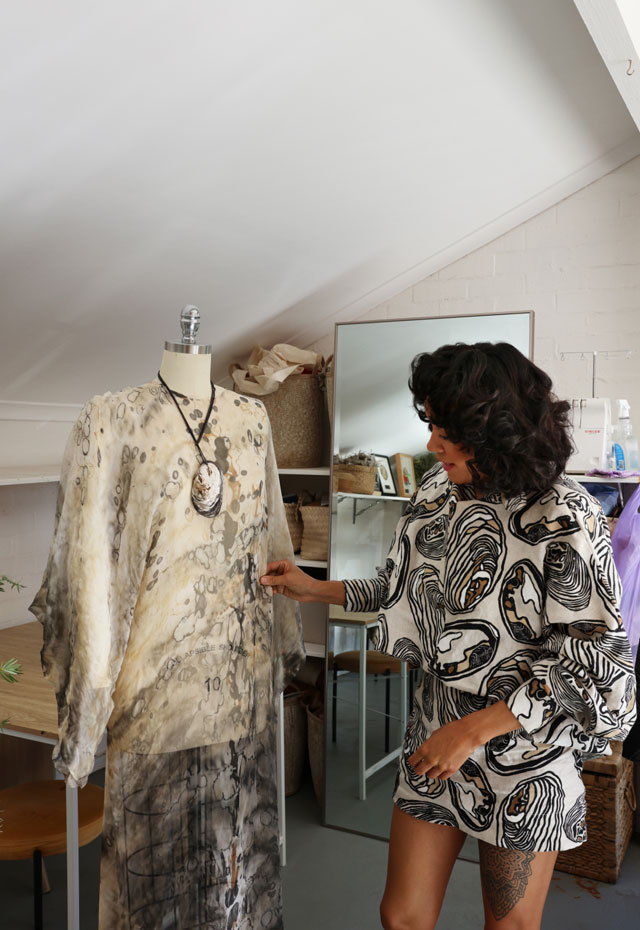
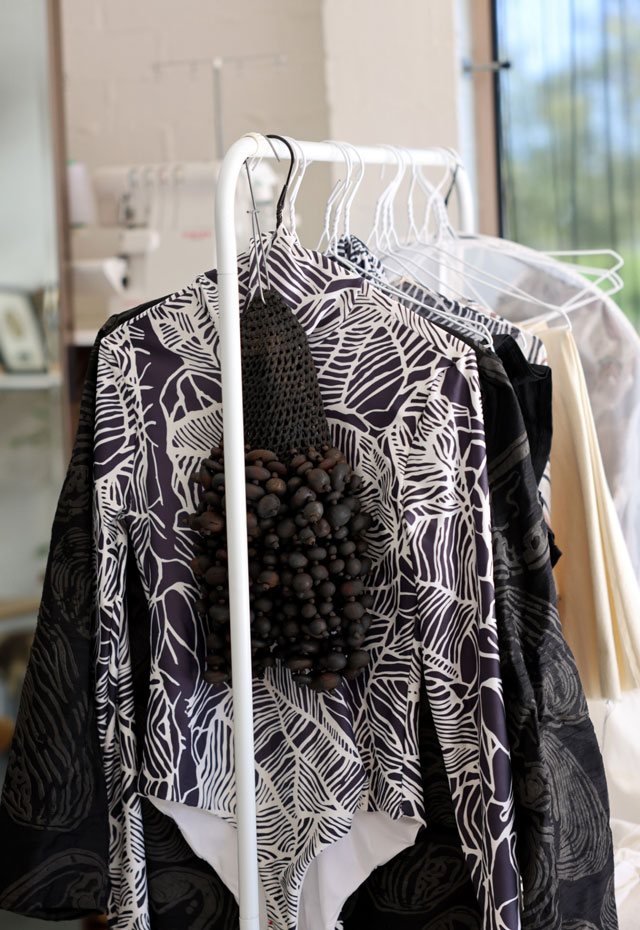
Who inspires you in your practice? Are there any leaders, organisations or brands that influence your work?
A big inspiration for my work can be attributed to my family and Country. Growing up I had strong role models and leaders that really shaped my values and cultural integrity that drives not only my label but my everyday life. My grandparents left strong legacies for me to follow so I always credit them for my successes. Without them I wouldn’t have the experience, knowledge or understanding that they passed down to me, and that allows me to create and refine my practice.
You are well known for producing your work on Country and for using sustainable practices. Why is this so important and how does it shape the pieces?
For me, being guided by sustainable and ethical practices on Country defines not only my work, but myself. I often struggle to articulate how important this is as a First Nations woman. It’s something we are raised with from birth, so all my actions and footsteps will always be in line with the way I was raised and the legacies I continue on from my family. I really want to set the example for other First Nations people, in that you don’t have to sacrifice cultural integrity and values or leave Country to have a successful career in fashion. For me, I feel this is what separates our practices from the mainstream—our dedication and passion to do things that align to us and our self-determination and culture. To endure, we continue caring for Country.
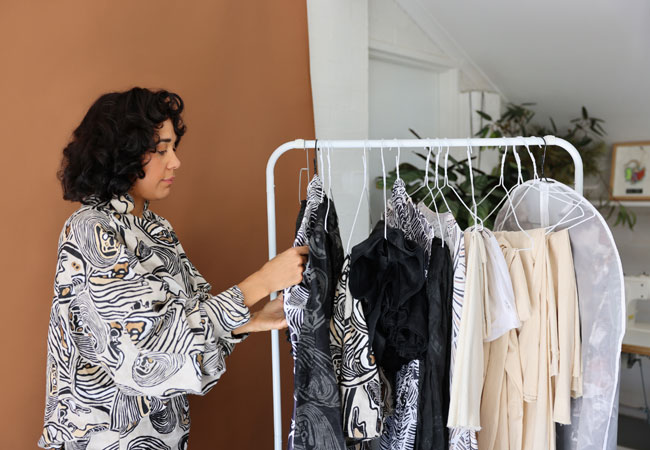
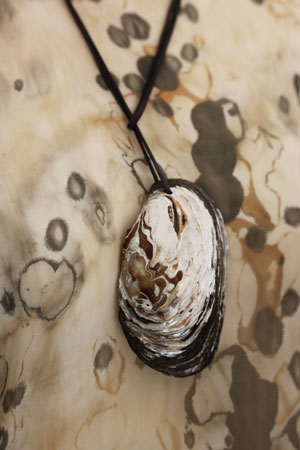
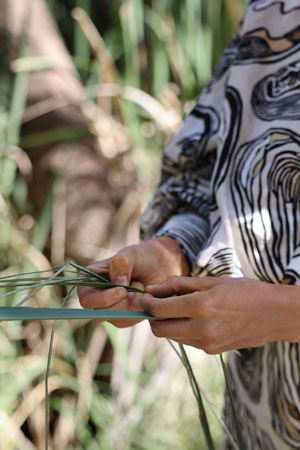
You will soon start a 12-month mentorship with Country Road. What do you hope to learn through this process? And importantly, what do you hope to share?
I hope to share a little insight into my life, process and day-to-day operations on Country; we operate vastly different out here than in the city. Our movements and actions are always intentional and guided by Country and Kin. My practice is more than a business, it’s a culmination of cultural identity, expression, and cultural heritage with fashion and art as the by-product.
All my works reflect or adapt oral histories and practices my people continue for thousands of years; I’m just translating them into new concepts within fashion.
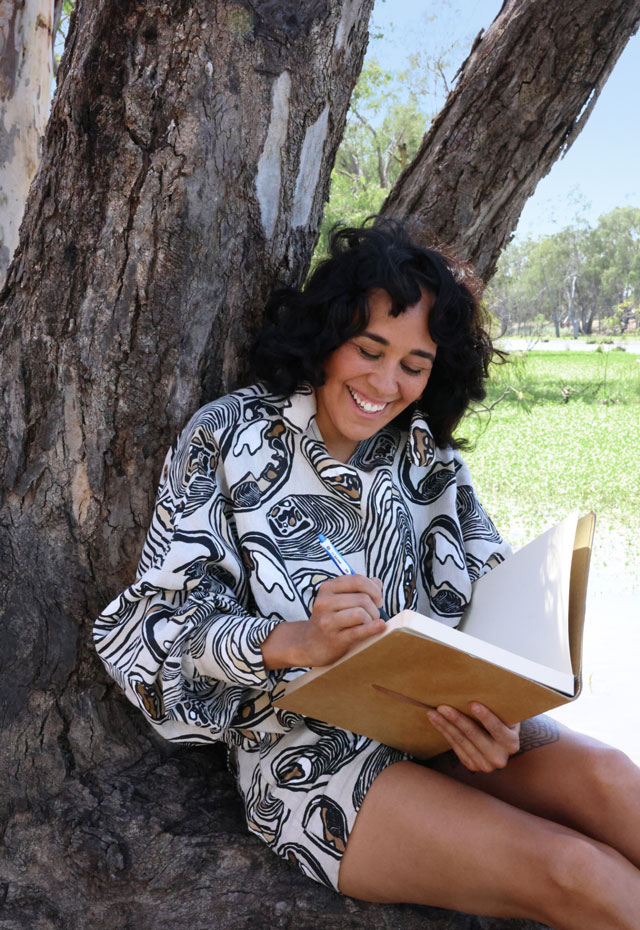
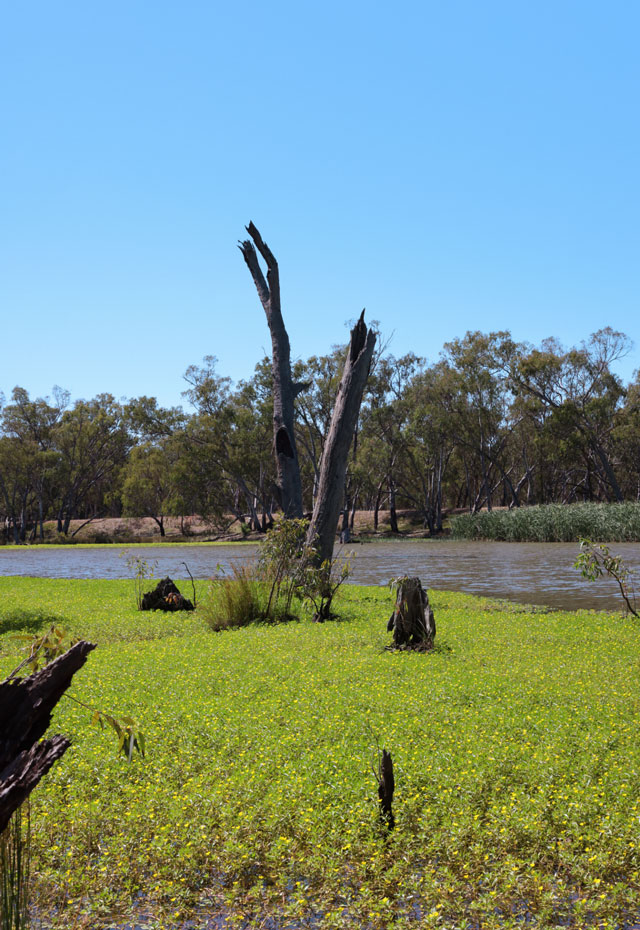
You have already contributed so much to the First Nations fashion community. What do you hope for the future of First Nations fashion?
In the future, I hope to see a well-supported and thriving First Nations Fashion ecosystem that honours and highlights us respectfully. I aim to contribute to this within my own spaces and set up a First Nations not-for-profit textiles and fashion house on Country. This would be to support regional and rural pathways into fashion and textile production where there aren’t any opportunities. This has been my ultimate goal since I’ve started in the industry and it very much reflects the experiences of my grandmother who taught me too. I am committed to creating an independent ecosystem in rural communities where there are zero pathways to study or work in fashion to contribute to the next generation of mob coming through fashion. Scaling my brand alongside this plan has always been intentional, knowing that at the end of the day, I will grow alongside mob in a way that genuinely supports and impacts self-determination and autonomy.
In proud partnership with Darwin Aboriginal Art Fair Foundation


